
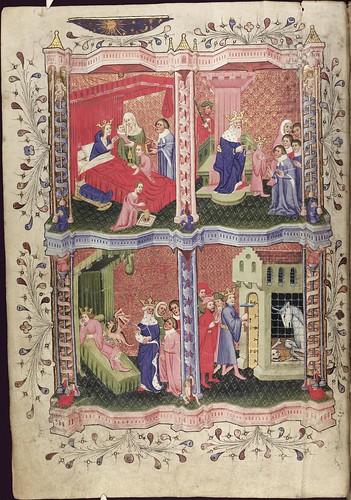






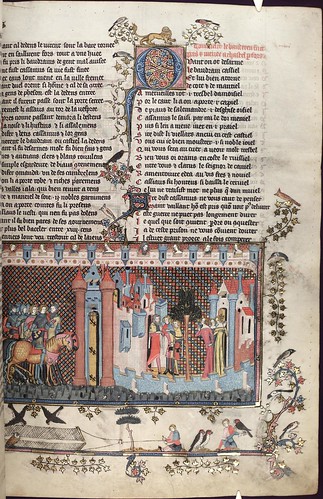
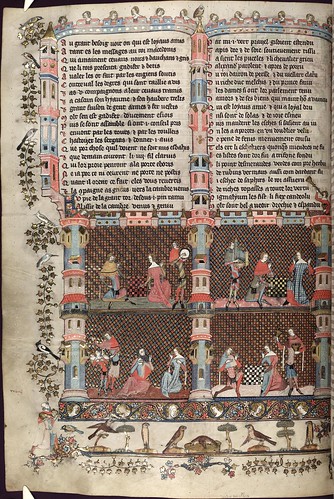




Attributed to an unknown author called Pseudo-Callisthenes, 'The Romance of Alexander' was originally produced in Greek in about 200-300 AD from a variety of written accounts and stories from the oral tradition. It purports to record the history of Alexander the Great (d. 323 BC) but is really a fantastical amalgam of legend and fact that catapulted the already remarkable accomplishments of Alexander's thirty two years on the planet to mythological status.
The original Greek manuscript (of which there were actually three variants) is now lost, but it was translated early on into the Syriac, Armenian and Pahlavi languages, -- which introduced its own variations -- contributing stories to the Koran, inspiring Persian poets and giving rise to its retranslation and dissemination throughout the Middle East. An early Latin version was the basis for translation into the vernacular languages of Europe where it became established as a popular Medieval tradition.
There have probably been more books written about Alexander the Great than any other figure from history, in a continuous line from Antiquity through to the modern day. 'The Romance of Alexander' is itself not really a single work but a great evolving and heterogeneous collection of texts and manuscripts, often shaped by regional scribes and translators to fit the pervading culture. Impossible deeds were often attributed to Alexander - his encounter with a tribe of headless men, for instance - and the embellishments served to intensify the popularity of the genre that saw Alexander tropes appear in Byzantine artworks, sculptures and tapestries and in the written record he surfaces in such diverse locations as a prophet converted to Christianity in Hebrew literature, as the hero Sikandar sent to punish impure people in Persian stories and in the West he is cast as a Frank, a Goth, a Saxon and a Russian.
"The adventures which the Alexander of the 'Romance' adds to the achievements of his historical original, the world conqueror, include an ascent into the air in a basket borne by eagles, a descent into the ocean in a diving bell, a meeting with the Amazons, an interview with the Brahmans or naked philosophers, and the search for the Water of Life, which ended in the transformation of Alexander's daughter into a mermaid. The 'Romance' reflects Alexander's metamorphosis in legend from a consummate general to a sage and beloved of God."The gorgeous full and half page illuminated manuscript miniatures seen above - definitely click through to large and very large versions for the full impact - were produced by the workshop of the Flemish illuminator, Jehan de Grise, between 1338 and 1344.
This enormous French manuscript - (MS Bodley 264 - Bodleian Library, Oxford University: very LARGE thumbnail page) - shows, of course, the many alleged episodes during Alexander's journeys, but the whimsical marginal figures and stylised details of Medieval life mark the work out as a particularly superb example from the 'Romance' literature. For unknown reasons, the manuscript also includes a copy of the 'Travels of Marco Polo'.
I'm not sure that the best background reading material is available online, however:
- Wikipedia: Alexander Romance and Alexander the Great.
- 'How Great was Alexander?' by Prof. Ian Worthington.
- 'Empire of Alexander the Great' © Pamela Dell & Barbara Skelton, 2005.
- 'Alexander the Great: A Life in Legend' by Richard Stoneman, 2007. [review]
- The Medieval Alexander Project: Alexander the Great in Medieval Literature and Culture by EM Huber. {The Medieval British Tradition}
- 'Iconography of the Armenian Alexander'.
- The Romance of Alexander Flickr pool.
- Found noodling around in the Catalogue of Digitized Medieval Manuscripts at UCLA. [Thanks Tony!].
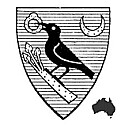








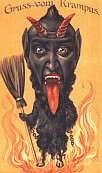
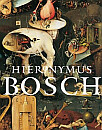
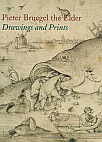
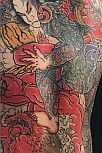
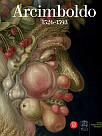

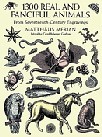
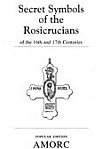


4 comments :
So many wonderful details. Heed the man's advice and view these at maximum size.
Enjoying the furry creature in the pink castle in the top image.
D'you mean the not-so-furry seeming monkey in the pink castle's maw?
hai un blog bellissimo!
ho segnato il tuo indirizzo, per venire a vedere le meraviglie che pubblichi!
costanza.
For background reading, don't forget Mary Renault's fantastic Alexander trilogy - fiction, of course, but beautifully written and with such a subtle historical understanding.
Post a Comment
Comments are all moderated so don't waste your time spamming: they will never show up.
If you include ANY links that aren't pertinent to the blog post or discussion they will be deleted and a rash will break out in your underwear.
Also: please play the ball and not the person.
Note: only a member of this blog may post a comment.